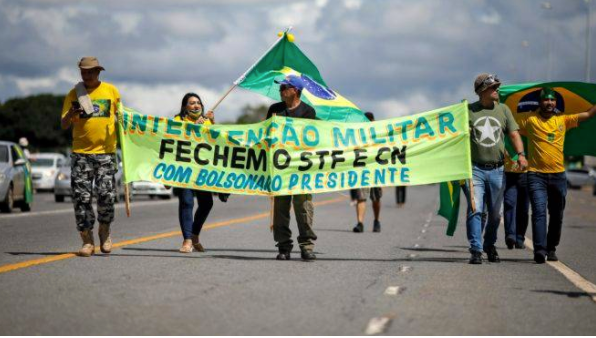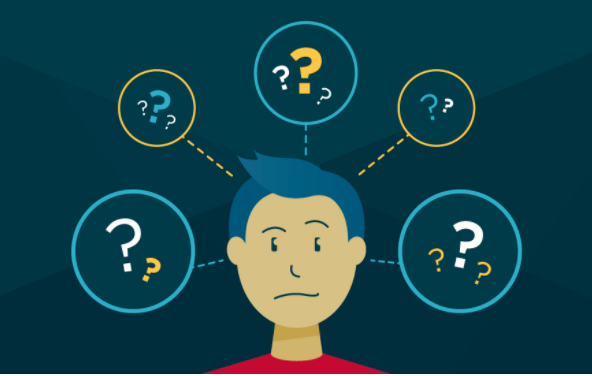
What should democratic governments do to anti-democratic movements? This is the question that plagues the world currently, and could perhaps solve the threat democracy has been seeing in several countries. This article more specifically focuses on Brazil, but the issues discussed could apply to several nations’ political turmoil.
Throughout the first semester of 2020, Brazilians saw anti-democratic protests occurring every Sunday for many weeks in front of the presidential palace. Signs asked for the shutdown of the Supreme Court as well as of parliament, and some even asked for the return of the Military Dictatorship. Making it worse: President Jair Bolsonaro attended the protests in person as the protesters were all his supporters. He later denied support for the claims that were in the signs, but the symbolism of having attended cannot be denied.
Several other decisions and actions by the president and his administration made some fear for our democracy. In most of those cases, I did not believe that a regime shift was a real threat. However, after a couple of months of the COVID-19 pandemic and amidst an enormous amount of criticism about how the government was handling it, the official website which published numbers of cases and deaths in the country was shut down. This shocked me beyond belief as no democratic country should be withholding information about COVID-19 cases. Brazil might still be a democracy, but that was a clear dictatorial action from the executive. Thankfully, the main media outlets in the country came together and created a platform to publish COVID-19 statistics. However, due to criticism, the government did put its website back online shortly after. Despite this, the new platform is the most used and relied on to this day
What is important to note here is that there are already non-democratic tendencies in the government, which makes support for non-democratic activist movements a big threat as it is not just a couple of crazy people gathering. The question, then, is: How should the democratic institutions of the country deal with a President that openly supports anti-democratic movements? How should such institutions deal with the fact that the President is probably the one causing those movements, considering he’s encouraged this type of thought since his election?
The institutions (not only in Brazil but in any country facing a similar situation) have two options. First, repress the movements and find a way, whatever it may be, of taking a leader with anti-democratic tendencies out of power. The issue with this option is that it’s anti-democratic in itself since an elected representative cannot be removed without due cause (at least in presidential systems). The second option would be to allow these anti-democratic movements to happen since one of the pillars of democracy is to accept divergent opinions and manifestations (within the boundaries of the law). The problem with this option is that although intrinsically democratic, it allows anti-democratic movements to gain attention in the country – especially when supported by the chief of the Executive power.
The constitution indeed foresees consequences for those -especially government members-who manifest or act against democracy. However, in the current political situation in Brazil and many other countries, those mechanisms aren’t sufficient.
This is the paradox of democracy, which relates to the paradox of tolerance, by philosopher Karl Popper. In his words: “Unlimited tolerance must lead to the disappearance of tolerance. If we extend unlimited tolerance even to those who are intolerant, if we are not prepared to defend a tolerant society against the onslaught of the intolerant, then the tolerant will be destroyed, and tolerance with them”. If we accept anti-democratic movements because we are democracies, won’t democracy itself cease to exist?






